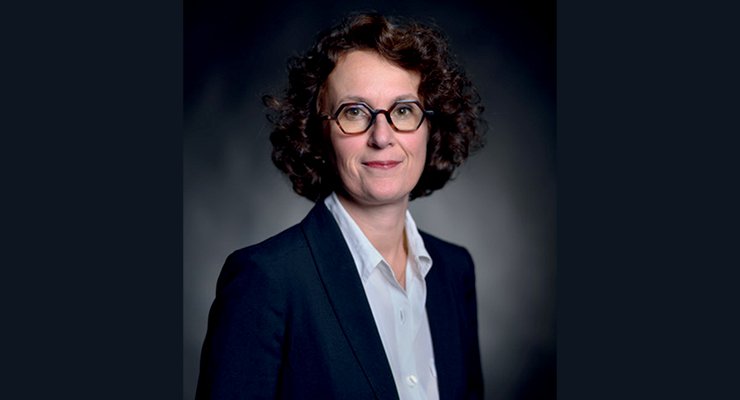Missions and values
Our values
The UTC model
UTC stands as a model for its training schemes where engineering sciences, social sciences and humanities, economics and political science are blended harmoniously together to serve the overarching aim of training of tomorrow's engineers, scientists, managers, as innovative, humanist persons capable of controlling and mastering complex situations in today's information and communications intensive society.
UTC is an institution that lends meaning to our Societies, in which different cultures and different modes to understand the world can exchange usefully.
It is a focal point where the leitmotiv 'innovation' is defined and redefined continuously.
Our missions
Building the future
UTC entertains the ambition to be recognized as a major, world-class, European university of technology, focused and drawing on creativity and innovation.
Though our creative actions, we wish to play a key role in the war of ideas that heralds in the 21st Century. Developing students' creativity and potential relies on promoting a series of transverse, pluridisciplinary and inter-cultural approaches, with strong support from research findings. This also calls for a reinforcement of the arts base, a driving force for innovation, culture and a factor conducive to the development of citizenship and economic growth.
Through searching for innovation, we fully assume our triple role of advancing knowledge and know-how, transmitting and disseminating the same and also having Men transform them into all sorts of innovations serving Mankind and Society.
To uphold such a vision, coherent as it is with UTC's values, modern in terms of the vision it provides for the role of the university and original in its ambition to prove creative, also implies that we ensure that a number of conditions are fully met:
- a vision borne by and embodied in the UTC community, finding strength and commitment in accompanying an overarching project that is understood and shared by all concerned
- an institutional organization and governance that proves both reactive and encouraging and which draws the best from each component part and from each member of our staff
- personal and institutional development built with and for our students
- a capacity to attract talents, to mobilize, develop, accompany and value-add to the manpower resources of the university
- an increase and diversification of financial resources
- a policy of strategic alliances and networks, notably in the framework of a strong territorial stance and positioning.
4 assigned missions
- To assure excellent thematic research, in a conducive interdisciplinary context of commitment, open to the issues of its environment
- To produce knowledge, skills and know-how by engaging in research activities
- To transmit and disseminate knowledge through teaching and training and to accompany the undergraduates to develop an innovative outlook and vision
- To introduce knowledge and innovations in a transformation process conducive to producing inventions
Lending meaning to 'innovation'
Ever since 1972, the year of UTC's creation, innovation has been at the heart of the university's strategy and policy decisions, notably in terms of pedagogy. Today's modern world calls for new forms of useful innovation, designed for and by Society. We can judge innovation as a social requisite and no longer as a simple technical object or artefact. Inasmuch as innovation contributes to progress, it is not just the result of work by those who produce knowledge, but also by future users, but is very rapidly disseminated via digital equipment, processes and wide-ranging networks.
The lecturers, research scientists and engineers at UTC are busy lending meaning to innovation while remaining attentive to a world on the move and to the expectations of the university's entrepreneurial partners. They also place learning and entrepreneurial development at the heart of their concerns. UTC's technology-intensive stance aims at providing integrated answers to real problems and also at helping Society assimilate the answers. The university's activities benefit from the blend of scientific specialties, and encourage the adoption of new interdisciplinary stances, relying for this on the scientific excellence of the UTC laboratories and research programmes.
Graduate engineers
From builders to creators, a change in spirit
Engineering sciences, forming the core of UTC's teaching, training and research missions, allows us to bridge the distance between the advancement of basic sciences and concrete applications and reality. Beyond the requisite "understanding to understand", the UTC engineering specialties aim at "understanding to act". The fundamental laws of physics, chemistry, biology and mechanical engineering … are, in essence, embodied in what engineers do and, in reverse, the problems that arise from practical engineering applications often generate new and basic scientific questions. It is this constant to-and-forth movement between knowledge and know-how that we identify one of the original features of engineering today, where technologies are created and develop.














